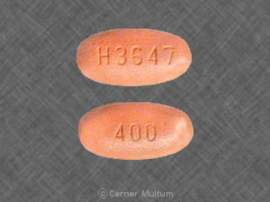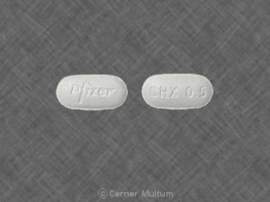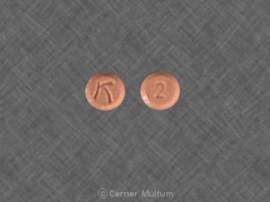
Crestor Lawsuit

A Brief Guide to Filing a Crestor Lawsuit
What is Crestor?
Crestor, which utilizes the drug Rosuvastatin, is combined with exercise and diet programs to reduce the risk of stroke and heart attack in people who are at risk of developing said diseases. Crestor is also used to decrease cholesterol levels and other fatty substances in the blood in patients 10 years and older. Crestor belongs to a class of medications known as HMG-CoA reductase inhibitors; the drug is effective by slowing cholesterol production in the body to open-up blood blow to the brain, heart and other parts of the body.
Crestor Side Effects:
Crestor, because of its active ingredient (Rosuvastatin) may cause several side effects. Please inform your doctor if any Crestor side effects are severe or persistent:
• Common Crestor Side Effects include: heartburn; dizziness; constipation; depression; joint pain; cough; confusion; memory loss or forgetfulness
Other Crestor side effects are regarded as serious. If you experience any of the following Crestor side effects, please contact your doctor immediately or seek emergency medical help:
• Lack of energy; chest pain; yellowing of the eyes or skin; muscle pain; weakness or tenderness; unusual bruising or bleeding; loss of appetite; extreme fatigue; sore throat or signs of infection; swelling of the face, tongue, lips, hands, feet, lower legs; hoarseness; tingling in toes or fingers and difficulty breathing or swallowing.
Crestor side effects may come in other forms; please contact your doctor if you notice any unusual problems while using the medication.
If you experience serious Crestor side effects, you or your physician may file a report with the United States Food and Drug Administration’s MedWatch Adverse Event Reporting program online at http:///www.fda.gov/safety/medwatch or via the telephone at 1-800-332-1088.
Crestor FDA Regulations:
In March of 2005, the United States Food and Drug Administration released a revised package insert for Crestor. The alterations to the label included results from that revealed a significant link to myopathy/rhabdomyoylsis (muscle toxicity)—this risk, according to studies, is strongest at the highest approved Crstor dosage of 40 mg.
The “dosage and administration” and “warnings” sections of the product label were revised in response to the above study; the revision more strongly reflects the risk of myopathy, particularly at the highest approved dosage of 40 mg.
In 2011, amid an abundance of Crestor lawsuits, the FDA issued follow-up warnings to reflect additional Crestor side effects. The basis for these Crestor lawsuits and subsequent warnings revolved around an increased risk of heart attack and kidney damage.
Crestor Lawsuit:
Even before its release, concerns over Crestor side effects (such as kidney damage) were raised by various consumer groups. Crestor lawsuits, and the increase in Crestor litigation, are natural responses to these reports and the aforementioned warnings issued by the FDA.
The bulk of Crestor lawsuits—and their subsequent results—are kept private and currently there are no pending class action Crestor lawsuits. That being said, it is widely known that hundreds of Crestor lawsuits were filed in the middle of last decade because of the unreported Crestor side effects mentioned above.
A Crestor lawsuit may be pursued if you experience adverse side effects that can indisputably be attributed to Crestor intake. The crux of all Crestor lawsuits revolve around this determination—the plaintiff must prove in his/her Crestor lawsuit that adverse reactions resulted from proper intake of the medication. Moreover, the Crestor lawsuit must be filed within your district’s statute of limitations. Because all potential Crestor lawsuits vary based on circumstances, it is necessary to hire a legal professional who is experienced with similar litigation.
The bulk of Crestor lawsuits were been filed by patients experiencing adverse effects prior to the 2005 FDA label update. The basis for a Crestor lawsuit would claim that the patient was not given adequate warning with regards to the risks of treatment with Crestor. Remember, before embarking on a Crestor lawsuit, please consult with an experienced pharmaceutical or personal injury attorney in your area.
Sources:
1. The United States National Library of Medicine “Rosuvastatin” retrieved from:
http://www.ncbi.nlm.nih.gov/pubmedhealth/PMH0000242/
2. FDA Public Health Advisory for Crestor (rosuvastatin) retrieved from:
http://www.fda.gov/Drugs/DrugSafety/PostmarketDrugSafetyInformationforPatientsandProviders/
DrugSafetyInformationforHeathcareProfessionals/PublicHealthAdvisories/ucm051756.html



















